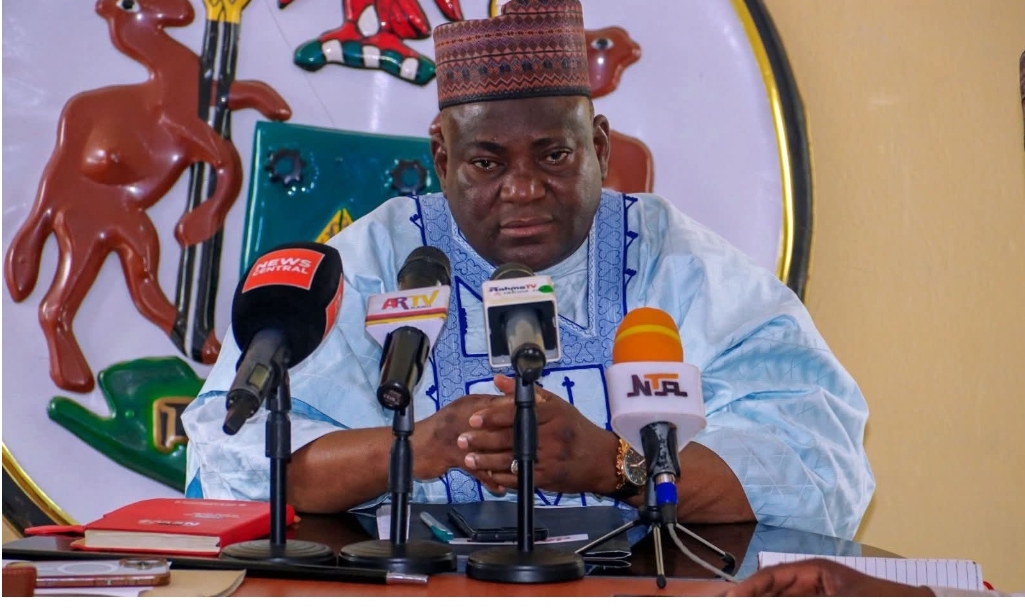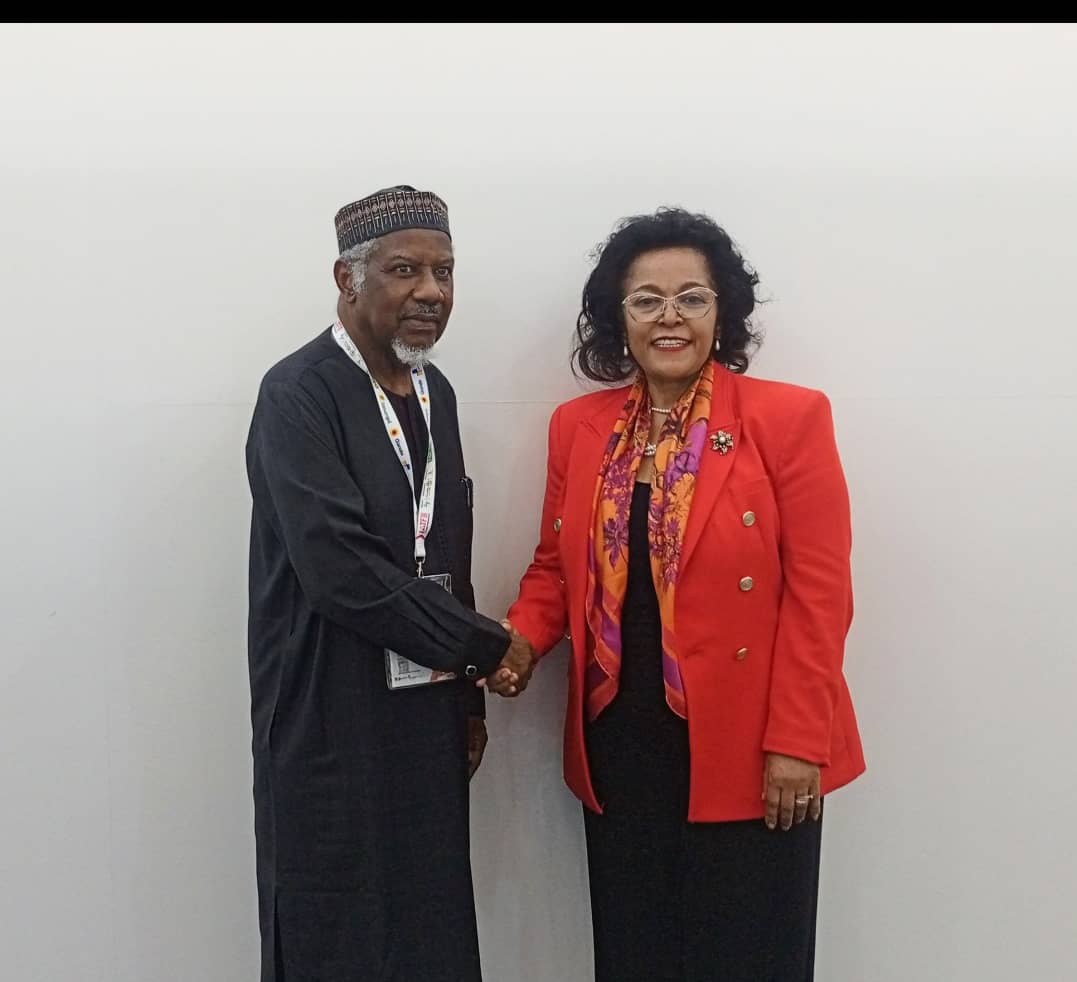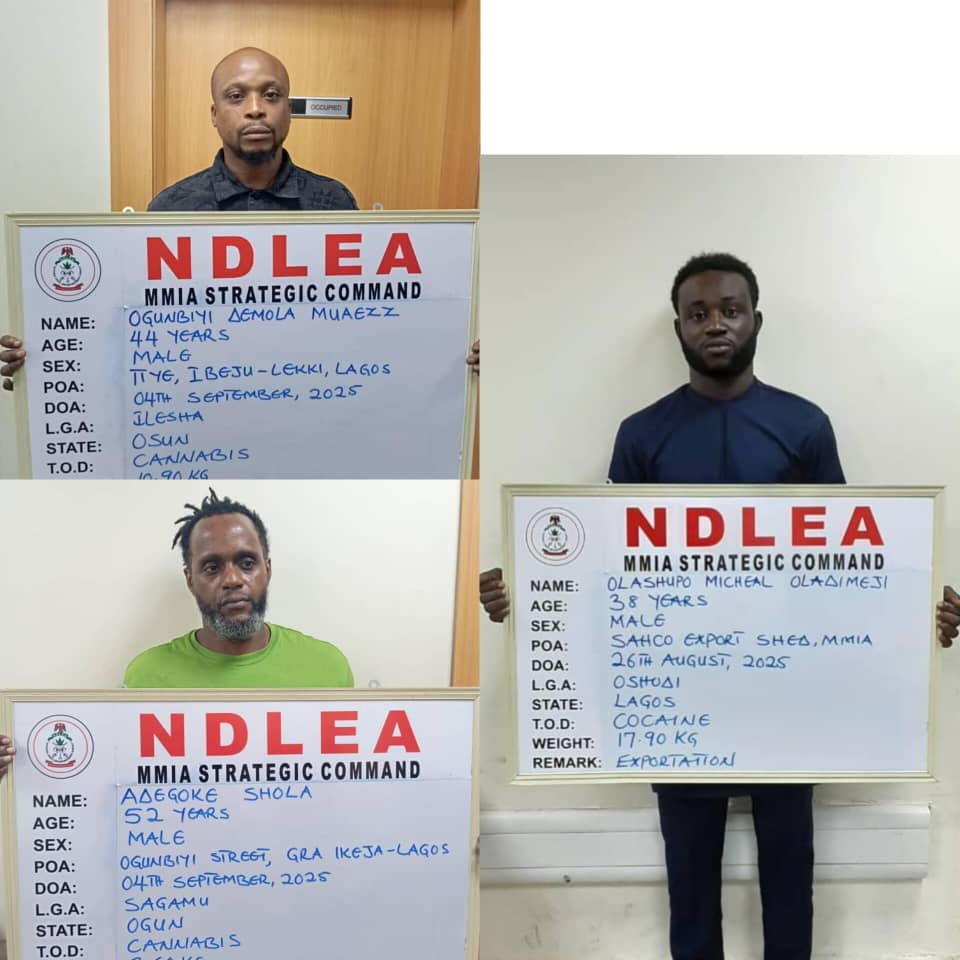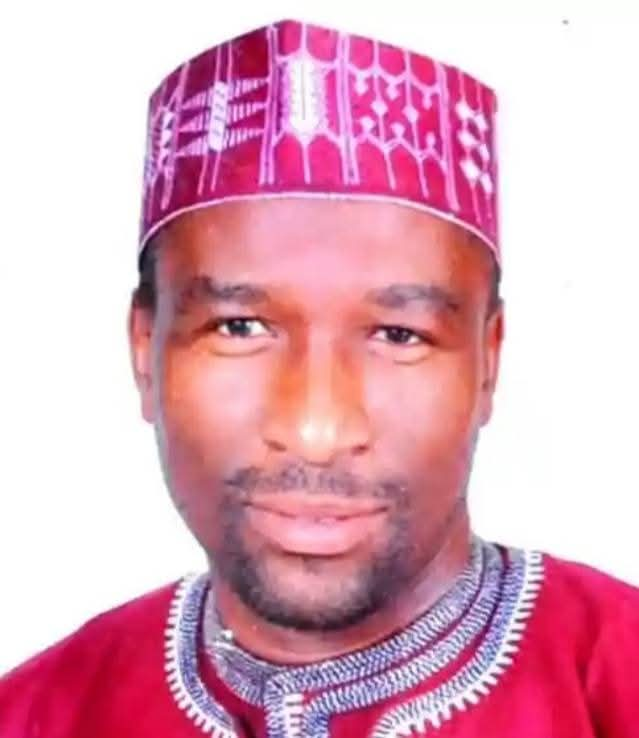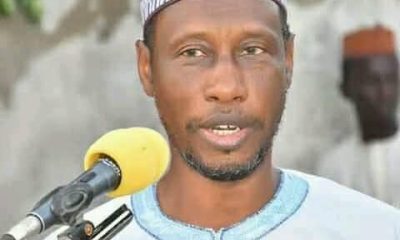By Lawpadi
At the time of writing this piece, there is a state in Nigeria that presently has no Governor, Deputy-Governor or member of the House of Assembly at all. As a matter of fact, things are likely to stay that way for the next six months.
It all started on the 18th of March 2025, when the President of the Federal Republic of Nigeria, Bola Ahmed Tinubu, through a live television broadcast, declared a state of emergency in Rivers state. The President stated that he was doing this in response to the disturbing incidents in the State which he went on to cite:
Firstly, the fact that the Governor had demolished the State’s House of Assembly in 2023 and had failed to rebuild it till date, leading to ongoing strife between the executive and legislative arm in the state which is yet resolved.
Secondly, the President highlighted the Supreme Court’s order directing the Rivers State House of Assembly to immediately pass the Appropriation Bill (that’s the bill that authorises government spending). According to the President, that court order has been completely ignored.
Finally, the president stated his concerns regarding the recent vandalization of pipelines by some militants in the state, which according to him, the governor had failed to take any action to curtail.
Sequel to the declaration of a state of emergency, the president declared the suspension of the Governor, Deputy-Governor and the members of the House of Assembly of the State for “an initial period of 6 months.” He nominated Vice-Admiral Ibokette Ibas (Rtd) as an Administrator to take charge of the affairs of Rivers State. The president stated that the administrator is not empowered to make laws for the State but he may make regulations that would be considered and approved by the Federal Executive Council and promulgated by the President for the state.
As is our custom, we’ll be taking you through the legal issues surrounding this declaration by the president and addressing the position of the law on each issue.
Let’s start with understanding what a state of emergency really means.
What is a State of Emergency?
It is a declaration that the President of the Federation is constitutionally empowered to make in situations of civil unrest. It is provided for under Section 305 of the 1999 Nigerian Constitution. Under the Nigerian Constitution, the President can declare a state of emergency in two ways:
On their own, without a request from anyone; or
At the request of a State Governor.
If the President declares it on their own, the National Assembly must approve the declaration. This approval must come through a resolution supported by a two-thirds majority in both the Senate and the House of Representatives.
The timeline for this approval depends on whether the National Assembly is in session:
If in session, they must approve it within 2 days after the declaration is published in the Federal Gazette.
If not in session, they have 10 days from the date of publication to approve it.
In cases where a Governor wants a state of emergency declared, they must first get the State House of Assembly to support the request with a two-thirds majority vote before the President can act on it.
On What Legal Grounds Did the President Declare a State of Emergency in Rivers State?
Section 305(3) of the 1999 Constitution of Nigeria (as amended) sets out specific situations under which the President (or in some cases, a Governor) can declare a state of emergency. These include times of war, natural disasters, public danger, or when there’s a breakdown of public order and safety requiring extraordinary measures.
Now, looking closely at President Tinubu’s statement, his main justifications centered around:
A political crisis and power struggle between the Governor and the House of Assembly.
A failure of governance, including the demolition and non-rebuilding of the House of Assembly, preventing the legislature from functioning.
A Supreme Court judgment that declared there was effectively no functioning government in Rivers State.
Read Also: Full Text: President Tinubu suspends Governor Fubara, House of Assembly
Vandalism of pipelines and militant threats, which the Governor allegedly failed to address.
A security breakdown that posed a threat to lives and economic assets (like oil infrastructure).
Given these facts, the most likely ground the President is relying on under Section 305(3) is this clause:
Section 305(3)(c):
“There is an actual breakdown of public order and public safety in the Federation or in any State to such an extent as to require extraordinary measures to restore peace and security.”
Section 305(3)(c) is the most directly applicable, as the President repeatedly emphasised the breakdown of democratic governance, security threats, and the failure of the state government to function effectively — all of which fall under “public order and public safety” requiring extraordinary intervention.
What Happens During a State of Emergency?
Although Nigeria has never had a state of emergency that affected the entire federation at the same time, there have been instances where states of emergency were declared in specific regions or states due to political crises, security challenges or other emergencies, and in those instances, there was a suspension of normal governance.
Past declarations of state of emergency in Nigeria
Plateau State (2004):
On May 18, 2004, President Obasanjo imposed a state of emergency in Plateau State due to escalating ethno-religious violence between Muslims and Christians. Over 2,000 people were killed in riots that started in 2001. The governor, Joshua Dariye and the State House of Assembly were suspended, and Major General Chris Alli (retd.) was appointed as administrator. The Administrator was in office for 6 months, after which governance was restored and Governor Joshua Dariye was reinstated.
2. Ekiti State (2006):
A political crisis emerged in Ekiti State when Governor Ayo Fayose was impeached under controversial circumstances. The impeachment led to widespread unrest and a breakdown of governance. President Obasanjo imposed emergency rule and appointed Brigadier General Adetunji Olurin (retd.) as administrator, who was in office for 6 months until Tope Ademiluyi, the Speaker of the Ekiti State House of Assembly, was appointed as acting governor until a new governor was elected.
3. Some Local Governments in Borno and Plateau (2011):
On December 31, 2011, President Goodluck Jonathan imposed emergency rule in some local government areas in Borno and Plateau States. This was in response to early Boko Haram attacks and communal conflicts.
4. Borno, Yobe, and Adamawa States (2013–2014):
President Goodluck Jonathan declared emergency rule in Borno, Yobe and Adamawa States due to the Boko Haram insurgency. This occurred after the terrorist group had launched attacks, bombings and mass abductions, including the Chibok schoolgirls’ kidnapping in 2014. The military was given sweeping powers and security operations were intensified.
One key learning from the above past experiences is that the appointment of a military or civilian administrator is not a constitutional requirement for declaring a state of emergency. In fact, recent history shows that emergency rule can—and has—been implemented without suspending elected officials or installing an administrator.
In 2013–2014, despite facing one of the gravest national security threats in Nigeria’s history (the Boko Haram insurgency), President Jonathan did not suspend the Governors of Borno, Yobe, or Adamawa. The military carried out its operations, but democratic structures remained intact.
Does the Constitution grant the President the power to suspend the Governor, Deputy-Governor and Lawmakers?
The short answer is no. Legally speaking, there is no clear constitutional authority for the President to suspend elected state officials— even during a state of emergency.
In fact, the Governor and Deputy Governor can only be removed from office through:
Impeachment by the State House of Assembly under Section 188 of the Constitution; or
If they resign, die, or cease to be qualified under Section 180.
Similarly, members of a State House of Assembly can only be removed in accordance with the Constitution—there’s no provision for suspension by the President.
The clear consensus from the legal community has been that this act of removing the Governor and State House of Assembly is unconstitutional. The Nigerian Bar Association is one of the prominent voices stating this opinion.
The defenders of this action by the President have justified it under the ground that this is not the first time that such is happening in Nigerian history, as we stated above that President Obasanjo did the same in 2004 and 2006.
The decision then was extremely controversial – but critically, not challenged in court—so we don’t have a Supreme Court ruling to settle this question definitively.
While security and governance concerns may justify federal intervention, the suspension of elected officials raises serious constitutional issues. Many legal experts argue that the President’s powers during a state of emergency must still respect the Constitution, which does not grant the power to suspend elected officials.
Unless challenged in court, this suspension may stand for now, but it sets a risky precedent for the rule of law and state autonomy in Nigeria.
Following President Tinubu’s declaration of a state of emergency in Rivers State on March 18th, 2025, the National Assembly ratified the declaration, officially giving it legal backing as required by Section 305(6) of the 1999 Constitution.
This ratification means the suspension of the Governor, Deputy Governor, and all State Assembly members — along with the appointment of Vice Admiral Ibokette Ibas (Rtd.) as Administrator — is now formally recognized under Nigerian law, at least for the initial six-month period.
However, whether the suspension of elected officials is constitutional may still be challenged in court — and this could set a critical legal precedent.
We’ll be keeping a close eye on any legal challenges and how the administrator governs Rivers State in the coming months.
Lawpadi


